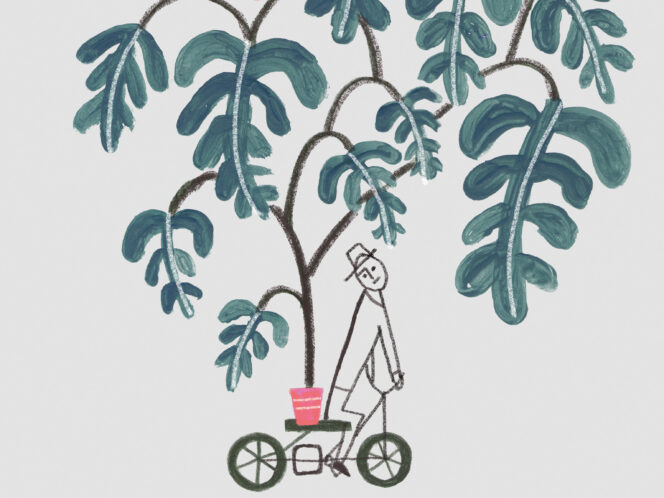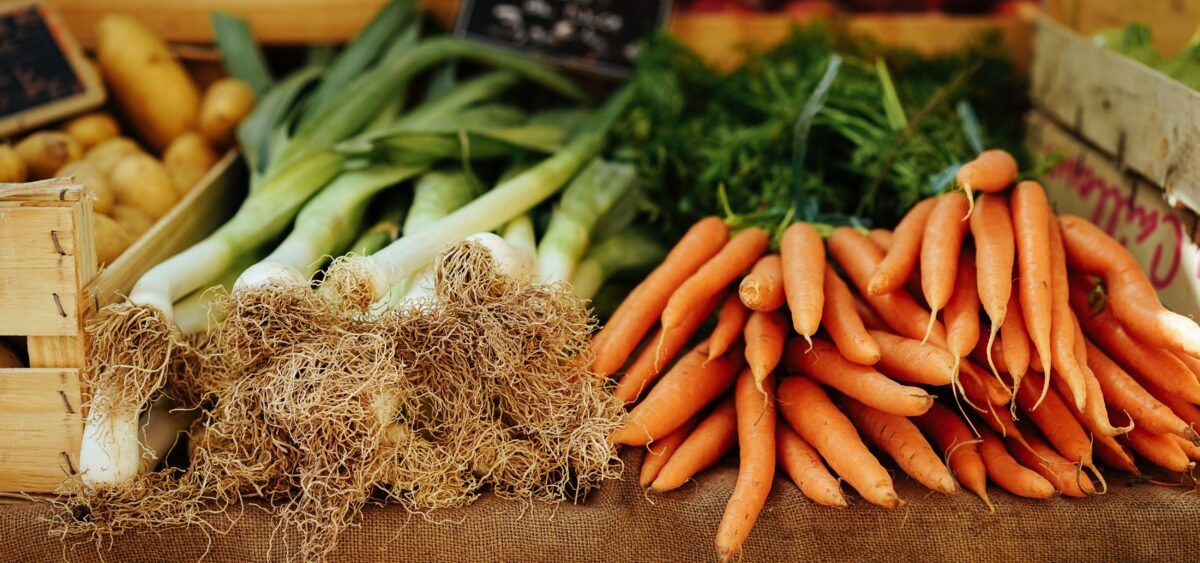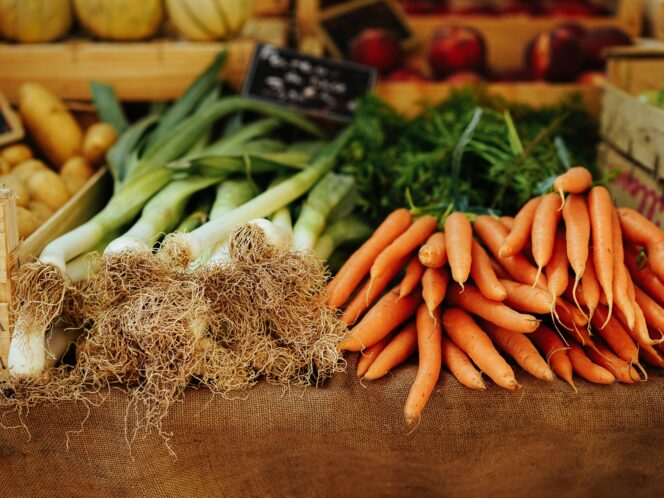
Wojciech Mejor—co-founder of both the food cooperative movement and the post-growth and food sovereignty movement in Poland—talks about food sovereignty, food cooperativism, and alternatives to capitalism.
A member of Nyeleni Polska and the Dobrze (“good”) Food Cooperative, among other organizations, Mejor works to support the economics of social solidarity as part of a network of cooperation and exchange between numerous grassroots organizations around the world.
Katarzyna Michałczak: Will food sovereignty save us?
Wojciech Mejor: I don’t know. From what?
For example, from the problems with food distribution. According to reports from international organizations, including UNICEF and the WHO, 690 million people in the world are hungry, and the coronavirus pandemic may see this number rise by a further 130 million. Or from the problems of the extreme commodification of food, which leads to such absurd situations as the sale of only perfectly straight carrots, or food thrown away—this is running at about twenty percent in the UK and forty percent in the US.
These problems arise because someone else decides about our food—not the people who produce it, nor those who consume it, but third parties, whose sole aim is to grow their capital. As a result, many aspects of the food production process make economic sense for a particular group of people in a particular context but make no sense for us, for the environment, for the future of the planet, or for humanity.
Yesterday I was with some friends who had bought corn on the cob. We looked at the packaging, and it was from Argentina. How on earth can it be profitable for someone to import sweetcorn from Argentina, when it is growing fifty kilometers from here in Europe? Because it has been possible to reduce the costs of transport and production to such an extent that production there is cheaper. How has








